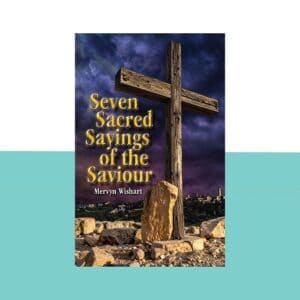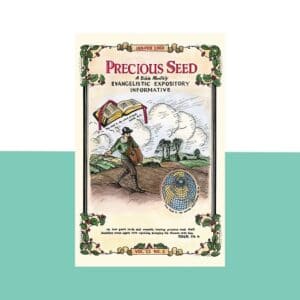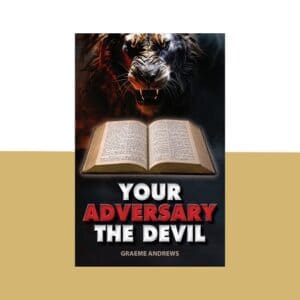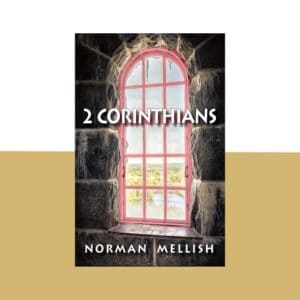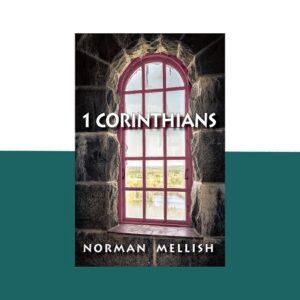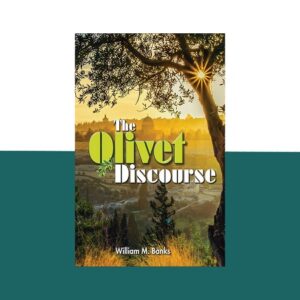Current Magazine
Daily Thought
New Publications

£8.50
Order here
Young Preciousseed
Visit our Book Store
Charts
eBooks
Take your library with you
Question Box
Questions answered in Precious Seed
Daily Devotionals
Day by Day Series

